What is coffee peel tea, what is its flavor, what is its effect, what is Cascali?
For professional baristas, please follow the coffee workshop (Wechat official account cafe_style)
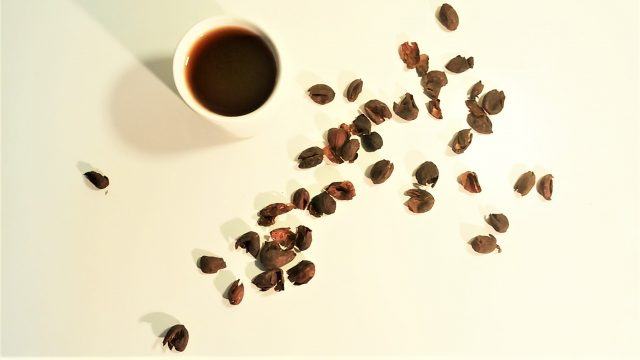
Even those who usually drink coffee may have heard of drinking coffee peel for the first time. Or maybe someone says, "what is a coffee fruit?" I'd like to talk about tea with peel.
What is fruit tea?
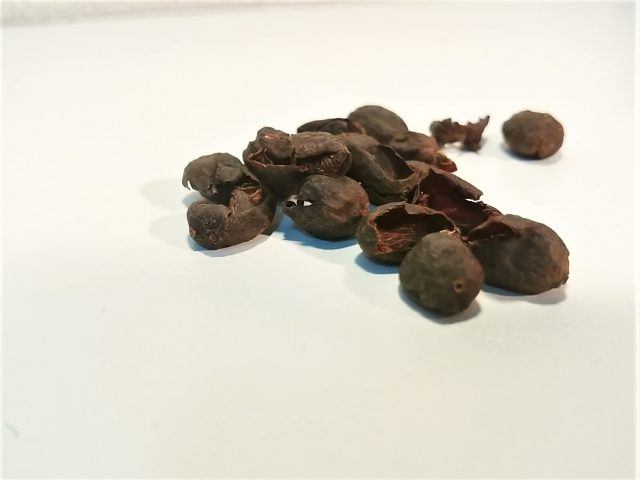
Coffee beans have many opportunities to see in daily life that they are actually seeds, not beans. The seeds (coffee beans) are wrapped around the peel. That's the so-called "coffee cherry".
By the way, when buying coffee beans, I think there are some things that can see the word "natural sun" or "water wash". In the process of processing, this is just the extraction of seeds (coffee beans) from the fruit of the coffee.
After taking out that delicate seed (coffee beans), our dried meat and boiling hot water such as herbal tea is "Cascalize" or "Xixir".
Coffee and the History of the West
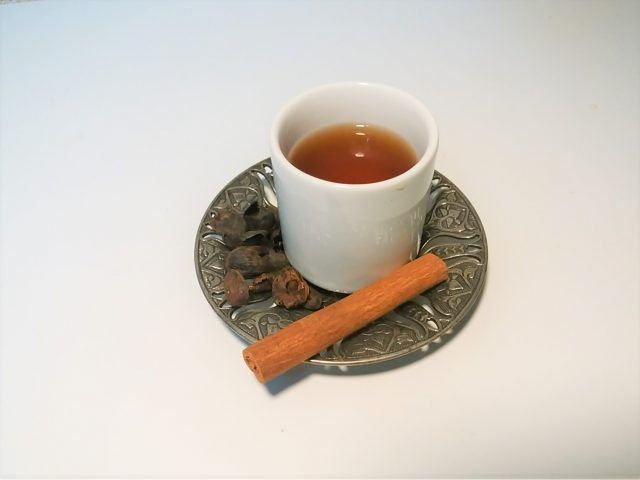
First, let's look at the meaning of Xirchir. In Arabic (literary language), it is called "Qishr". By the way, it's the same letter, but when you read the different reading phrase "Qashar", it means "peel off". I call fruit-packaged coffee beans peels or shells.
In fact, this Cyril has a deep history. Coffee was transmitted to neighboring Yemen at least 1100 years ago, where Ethiopia originated, and Muslims also have instructions for drinking this skin. In addition, historically, edible peels have been older than roasted coffee beans.
Latin America and Cascala
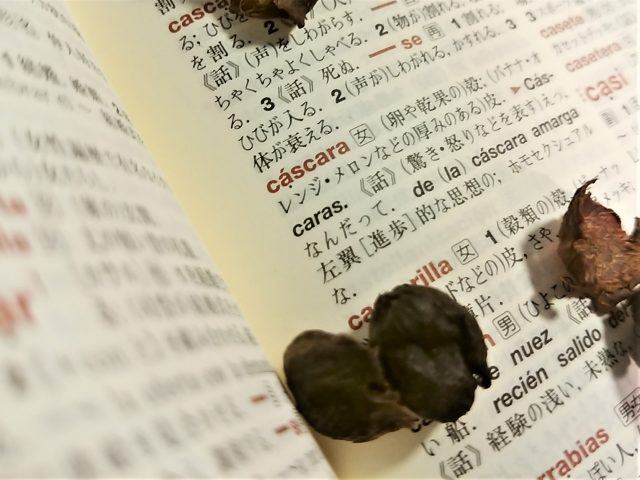
So, I talked about Kishiru, but another famous one is Cascarlatti. According to the Spanish dictionary, Cascala is written as "c á scara; (eggshell and fruit shell)".
However, this "Cascalize", Kisiru, is a beverage with a long history.
It turned out that the drink, made from meat, was named "saltana (Sultana)" in Bolivia. Like Yemen, it seems to go unnoticed in Bolivia because it is cheaper than coffee.
So since when is it called "Cascalize"? There's one person involved. It is Aida Batlle, a coffee maker in El Salvador. She is said to be the inventor of Cascarlatti.
It seems to be a super fruit drink, mainly in the United States and Europe and the United States.
For convenience, coffee cherries and their drinks will be called "Cascara (tea)".
Why don't they sell so much?
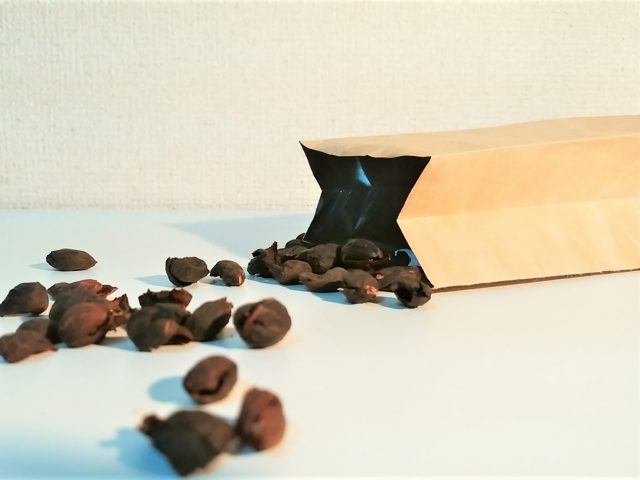
So, this is a simple question.
If coffee beans are produced, there will be a lot of meat. Even though I was looking at the store, I hardly had a chance to see Kasukara. Why do they sell in large quantities? There are several reasons.
Reason ①: I don't know in some places
First of all, the use of this Cascara beverage is unknown in some areas and is not used in all producing countries. So, where you don't have a drinking habit, you don't have the habit of making Cascala.
In these areas, pulp is often composted or discarded.
Reason ②: pesticides and safety
The second is "pesticide".
Coffee bugs are strong, and some farmers use powerful pesticides. However, spraying pesticides adheres to the pulp. From a food safety point of view, the Cascalize of this kind of plantation cannot be transported.
Reason ③: domestic consumption of cheap drinks
Coffee beans are valuable exports in countries such as Bolivia and Yemen. So they drank cheap Cascala as a substitute. As a result, Cascala consumes only at home.
What I don't see in Japan is because I'm not the first to export domestic consumer goods.
However, with the concentration of people's attention in recent years, the opportunities gradually seen in stores may increase.
Cascal and super fruit
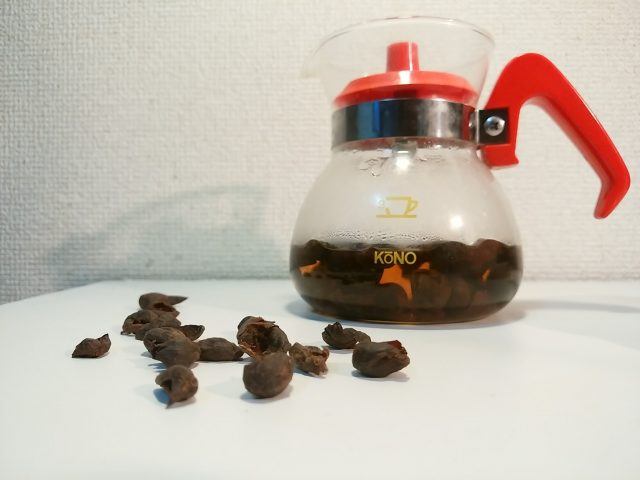
Cascara's polyphenols became the catalyst for Cascari's attention. A survey in Sweden at the University of Agricultural Sciences shows that at 0.8 to 1.22 grams, polyphenols in 100g and other caffeine contain about 1g.
As we all know, this polyphenol has anti-aging, skin beauty effect, improve blood circulation and other effects. It became a popular spark.
Important Notice :
前街咖啡 FrontStreet Coffee has moved to new addredd:
FrontStreet Coffee Address: 315,Donghua East Road,GuangZhou
Tel:020 38364473
- Prev
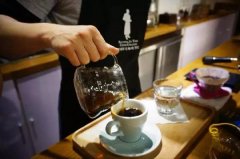
Hand-brewing coffee 4 tips to share their own hand-brewed coffee can also taste good to the indignation of people and gods!
Professional baristas exchange please follow the coffee workshop (Wechat official account cafe_style) 4 Dachong coffee skills, after learning, their own coffee can also taste good to the indignation of both people and gods! Taiwanese like to drink coffee and make their own coffee. The rise of hand-brewed coffee has led to a trend of making their own coffee, and even utensils are constantly innovating, giving coffee fans more choices.
- Next
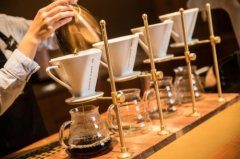
The talent teaches the secret skill of hand-brewing coffee with a full score guide to easily make a good cup of coffee.
Exchange of professional baristas Please pay attention to the coffee workshop (Wechat official account cafe_style) Coffee is a fascinating world, no matter the aroma, coffee beans, origin, hand brewing process, is a knowledge. Many people who like to drink coffee must be infatuated with the magic drink of hand-made coffee, because everyone has a different taste, so they can drink it uniquely and personally.
Related
- Beginners will see the "Coffee pull flower" guide!
- What is the difference between ice blog purified milk and ordinary milk coffee?
- Why is the Philippines the largest producer of crops in Liberia?
- For coffee extraction, should the fine powder be retained?
- How does extracted espresso fill pressed powder? How much strength does it take to press the powder?
- How to make jasmine cold extract coffee? Is the jasmine + latte good?
- Will this little toy really make the coffee taste better? How does Lily Drip affect coffee extraction?
- Will the action of slapping the filter cup also affect coffee extraction?
- What's the difference between powder-to-water ratio and powder-to-liquid ratio?
- What is the Ethiopian local species? What does it have to do with Heirloom native species?

